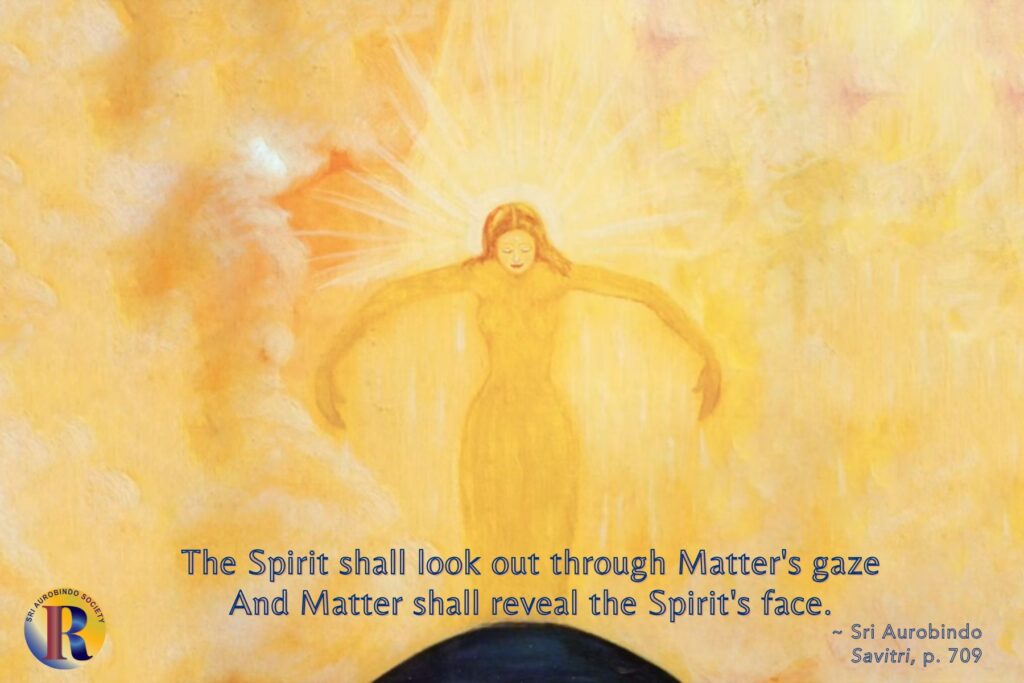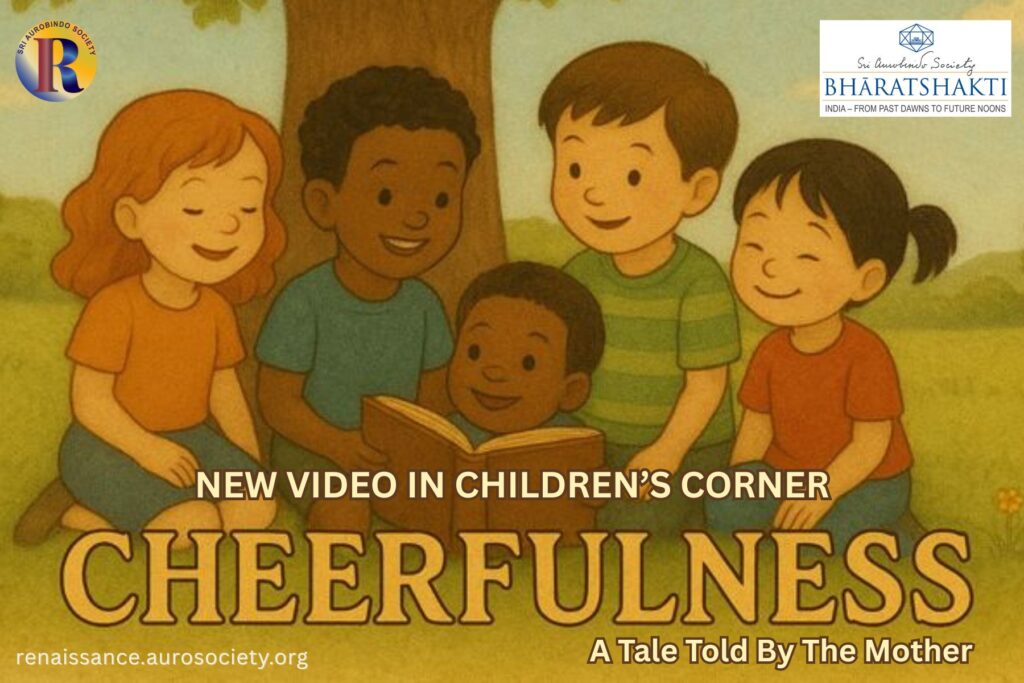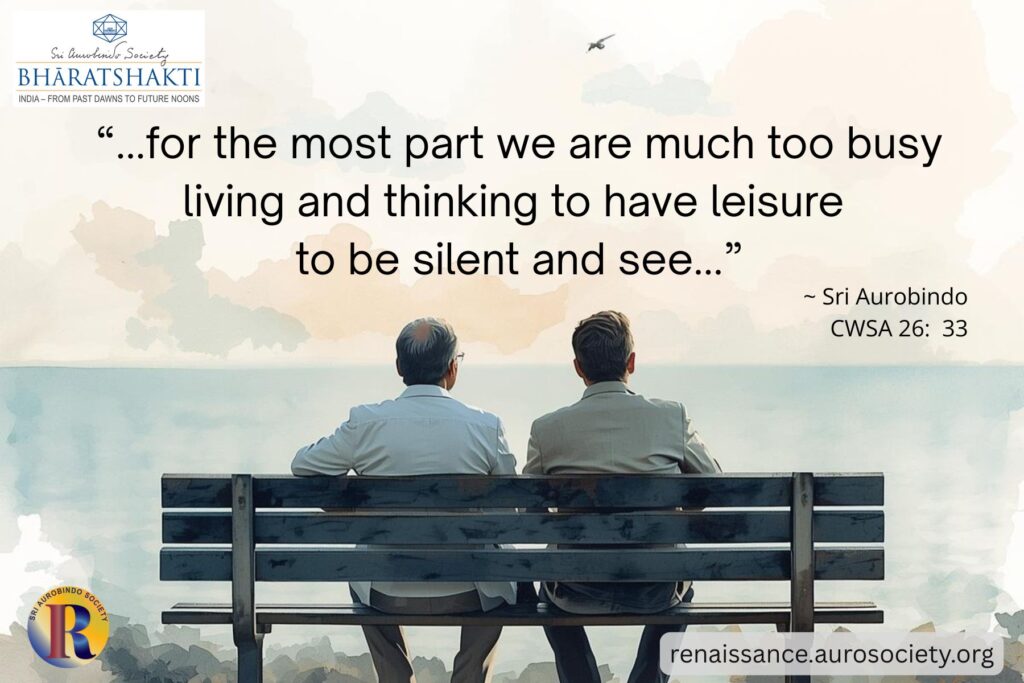Editor’s note: Readers will enjoy this brief commentary on a Zen story titled ‘The Tunnel.’ It is a selection from Narendra Murty’s forthcoming book titled ‘An Oak Tree in the Garden – Exploring the World of Zen‘, a collection of thirty Zen stories with Murty’s commentaries.

The Story
Zenkai, the son of a samurai, journeyed to Edo and there he became an employee of a high official. He fell in love with the official’s wife and was discovered. In self-defence, he slew the official. Then he ran away with the wife.
Both of them later became thieves. But the woman was so greedy that Zenkai grew disgusted. Finally, leaving her, he journeyed far away to the province of Buzen, where he became a wandering mendicant.
To atone for his past, Zenkai resolved to accomplish some good deed in his lifetime. Knowing of a dangerous road over a cliff that had caused the death and injury of many persons, he resolved to cut a tunnel through the mountain there.
Begging food in the daytime, Zenkai worked at night digging his tunnel. When thirty years have gone by, the tunnel was 2280 feet long, 20 feet high and 30 feet wide.
Two years before the work was completed, the son of the official he had slain, who was a skillful swordsman, found Zenkai out and came to kill him in revenge.
“I will give you my life willingly,” said Zenkai. “Only let me finish this work. On the day it is completed, then you may kill me.”
So the son awaited the day. Several months passed and Zenkai kept on digging. The son grew tired of doing nothing and began to help with the digging. After he had helped for more than a year, he came to admire Zenkai’s strong will and character.
At last, the tunnel was completed and the people could use it and travel in safety.
“Now cut off my head,” said Zenkai. “My work is done.”
“How can I cut off my own teacher’s head?” asked the younger man with tears in his eyes.
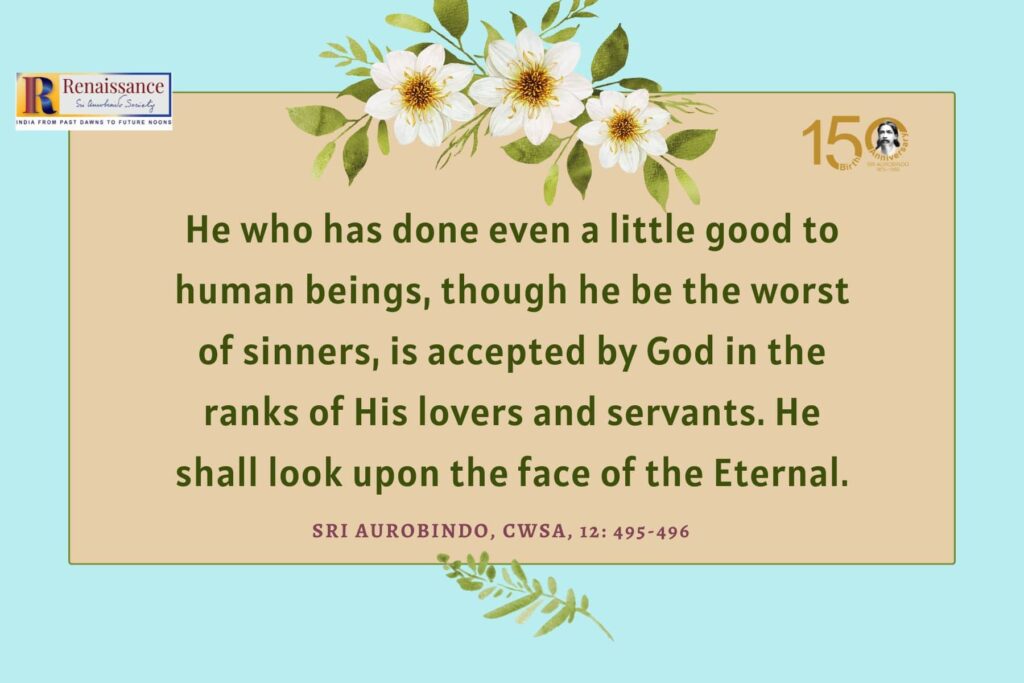

Commentary
No teaching is more powerful than a personal example. Zenkai was not a recognized teacher or a master in any sense of the word. He was just a man who had a dark past of lust and violence. Penitence and the desire for atonement were the only inner treasures that he had.
When great Masters like Buddha or Jesus are alive, their disciples may not fully understand their greatness or the teaching itself, but they could never doubt the teaching because the teacher was always the living example of what he taught. The teaching was fulfilled in the life of the Master. That is why scriptures are not so important as long as the Master is alive; because he is the living truth of the scriptures.
Penitence and atonement have great cleansing power. Spiritual history of the world is dotted with numerous stories about sinners and murderers who turned over a new leaf and became saints because they repented and atoned for what they did. Angulimala was one such bloodthirsty murderer who was transformed by the alchemical touch of the Buddha.
Usually, such men progress more rapidly on the spiritual path than the ordinary seekers because their striving is more intense. They are more hard on themselves to atone for the wrong they have done to others. Perhaps that is why it has been said that there is no saint without a past, and no sinner without a future.
. . . the conversion of great sinners into great saints, of men of little or no virtue into spiritual seekers and God-lovers has frequently happened in religious and spiritual history—as in Europe St. Augustine, in India Chaitanya’s Jagai and Madhai, Bilwamangal and many others.
~ Sri Aurobindo, CWSA, Vol. 29, p. 42
The house of the Divine is not closed to any who knock sincerely at its gates, whatever their past stumbles and errors. Human virtues and human errors are bright and dark wrappings of a divine element within which once it pierces the veil, can burn through both towards the heights of the Spirit.
To atone for his past, Zenkai resolved to accomplish some good deed in his lifetime.
This resolve, this act of the will – is the turning point in Zenkai’s life.
He did not go into some monastery, did not undertake to study Zen, did not devote his life to meditation or to the worship of the Buddha – nothing. Just the resolve to perform a selfless act for the good of the community. No personal axe to grind. Putting in hard labour for the benefit of others. Selfless, dedicated work. Unknowingly, without any paraphernalia, he chose the life of Zen.
Two years before the work was completed, the son of the official he had slain, who was a skillful swordsman, found Zenkai out and came to kill him in revenge.
“I will give you my life willingly,” said Zenkai. “Only let me finish this work. On the day it is completed, then you may kill me.”
No fear of death, no sense of personal harm – only acceptance of what he did in the past and the willingness to give up his life to the sword of the avenger in a final act of atonement. Only a request to be allowed to complete the work which was being done for the good of the community.
This is the attitude of the perfect Karma Yogi. Selfless dedicated action – that’s Karma Yoga. karmaṇyevādhikāraste mā phaleṣu kadācana – enjoins the Gita (2.47). “Thou hast a right to action, but only to action, never to its fruits.” (Sri Aurobindo’s translation)
That was exactly what Zenkai was doing. He was doing something for which he was never going to enjoy the results. That’s Karma Yoga. And doing something for the good of the community. The Gita calls it Lokasangraha. Having a goal that goes beyond the selfish needs and ambition of the individual. Something that is done for the greater good.
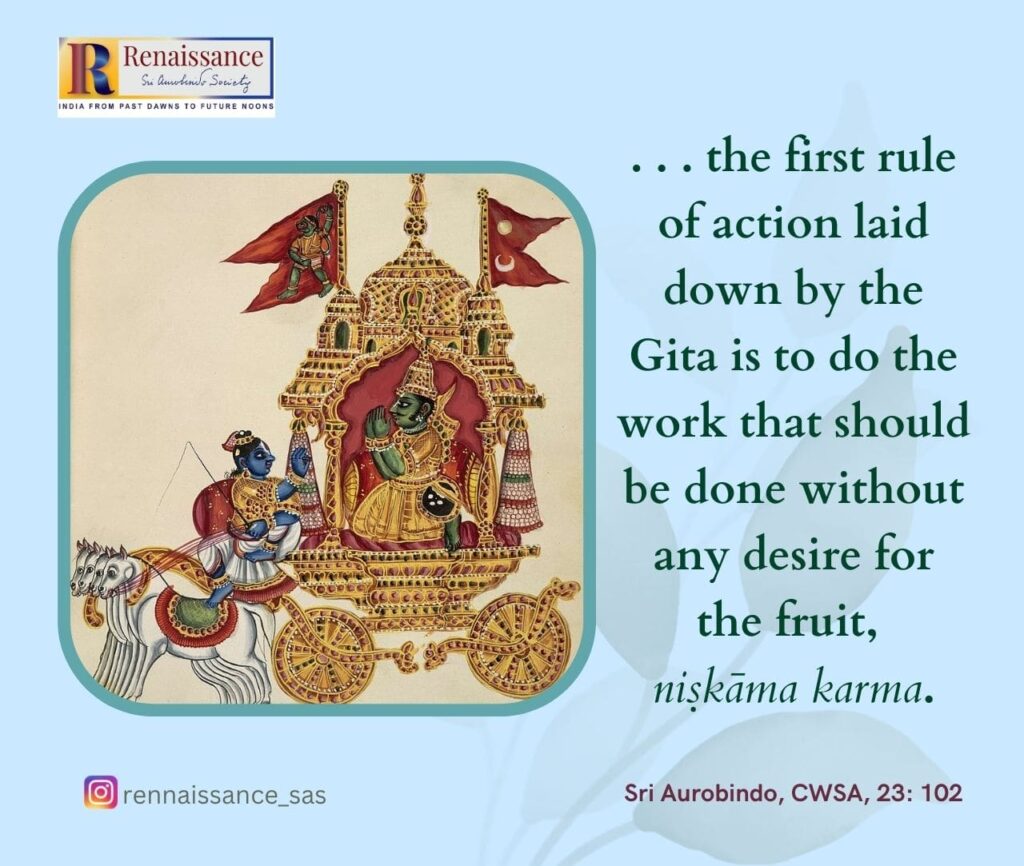
So the son awaited the day. Several months passed and Zenkai kept on digging. The son grew tired of doing nothing and began to help with the digging. After he had helped for more than a year, he came to admire Zenkai’s strong will and character.
This was the phase when the would-be avenger started working with Zenkai for a common objective. The days were passing and the young man could see the focus, the single-minded commitment of Zenkai to the work which would in no way benefit him personally. He would not even be alive to feel the satisfaction of seeing people using the tunnel because he had already agreed to give up his life once the work was over.
Total fearlessness on the face of impending death, total selflessness in the hard labour for the good of the community. No personal considerations whatsoever. Absolute serenity and one-pointedness of mind.
This is Karma Yoga. And this is Zen. Not abstract philosophies, not escaping from life or from death, but living in the midst of the society for the common good.
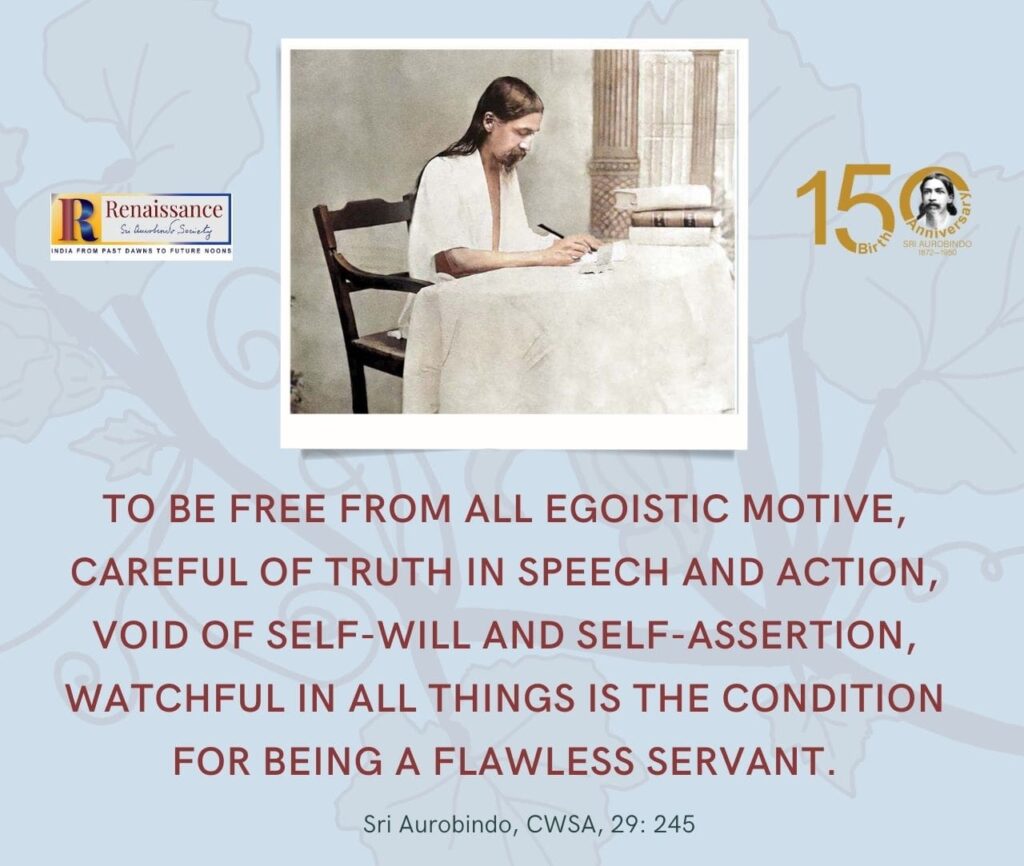
For the young man perhaps, there could have been no better teacher to teach him Zen than Zenkai. And he had not even come to learn Zen! He had come just to avenge the murder of his father.
A teaching without words – just the dedicated work and the power of the personal example. A lived life of Zen. And the young man was initiated into Zen without even being aware of it!
At last the tunnel was completed and the people could use it and travel in safety.
“Now cut off my head,” said Zenkai. “My work is done.”
“How can I cut off my own teacher’s head?” asked the younger man with tears in his eyes.

Read more in our ‘Tales and Stories‘ section

~ Design: Beloo Mehra

